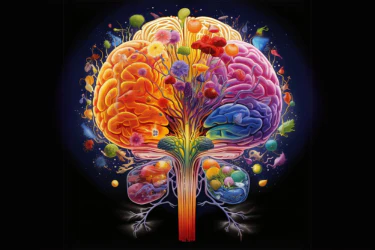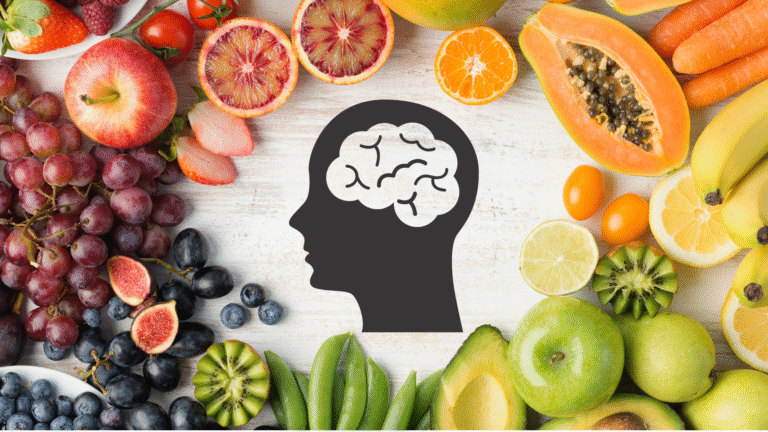The Impact of Nutrition on Mental Health
In recent years, researchers have begun to uncover just how strongly nutrition influences mental health. The link between diet and brain function is no longer viewed as indirect or secondary. Instead, growing evidence shows that what people eat plays a measurable role in shaping mood, stress response, and cognitive performance. Whether through inflammation, blood sugar stability, or the gut-brain connection, diet is now a central focus in efforts to support emotional well-being.
How Nutrients Affect Brain Chemistry
The brain relies on a steady supply of vitamins, minerals, amino acids, and fatty acids to regulate neurotransmitters and support nerve function. Nutrients help the body produce dopamine, serotonin, and other chemicals that influence mood. Low levels of these nutrients have been associated with increased symptoms of depression and anxiety. A balanced diet helps maintain the chemical stability needed for clear thinking and emotional regulation.
Much of the body’s serotonin is produced in the gut, which contains a vast network of neurons and bacteria that interact closely with the central nervous system. This relationship is known as the gut-brain axis. A diet high in fiber, fermented foods, and whole plant-based ingredients supports a diverse microbiome. In contrast, highly processed foods may trigger inflammation and disrupt gut health.
Fluctuating blood sugar levels can impact mental health by triggering fatigue, irritability, and poor concentration. Diets that rely heavily on refined carbohydrates or sugary snacks often create short bursts of energy followed by crashes that affect mood. Stabilizing blood sugar through regular meals that include protein, healthy fats, and fiber helps reduce these swings. This approach can improve focus, reduce stress reactivity, and support more consistent energy throughout the day.
Diets Linked to Better Mental Health Outcomes
Research suggests that people who follow Mediterranean-style or whole-food-based diets report better mental health than those who consume more processed foods. These dietary patterns include fruits, vegetables, whole grains, nuts, lean proteins, and healthy fats. They are associated with lower rates of depression and cognitive decline across diverse populations. Consistently choosing nutrient-dense meals may reduce symptom severity and improve resilience.
Risks of Nutritional Deficiencies
Undiagnosed or chronic deficiencies can contribute to emotional and cognitive symptoms. B12 deficiency is linked to fatigue, memory loss, and irritability, especially in older adults or those on plant-based diets without supplementation. Iron deficiency may cause brain fog or low energy, while magnesium shortages have been tied to increased anxiety. Identifying and correcting these deficiencies can improve mental clarity and emotional balance.
Mental health support often involves multiple tools, including therapy, lifestyle changes, and sometimes medication. Nutrition plays a role in this larger picture by helping the body and brain function as intended. While dietary changes alone may not resolve complex mental health conditions, they provide a physical foundation for other treatments to work more effectively. Providers who take a comprehensive approach often include nutrition counseling or refer patients to dietitians as part of long-term planning.
Make Shifts for Mental Health
Gradual adjustments to eating habits tend to be more sustainable than major overhauls. Patients may benefit from tracking how different foods affect their energy or mood and working with professionals to address underlying barriers to good nutrition. These small, repeated choices add up and contribute to lasting improvements in well-being.







